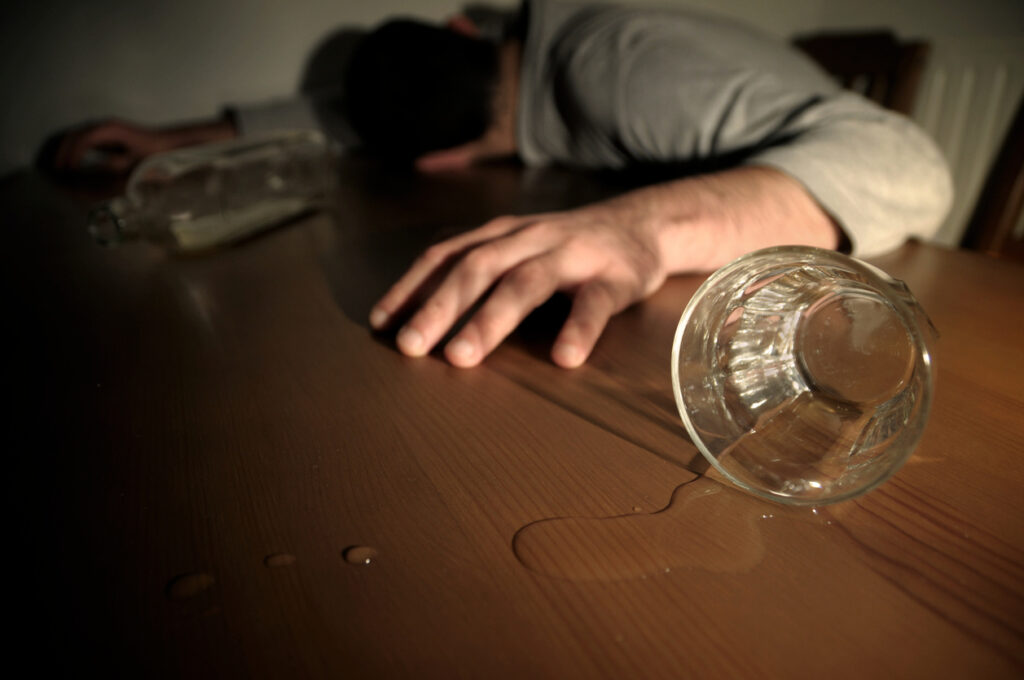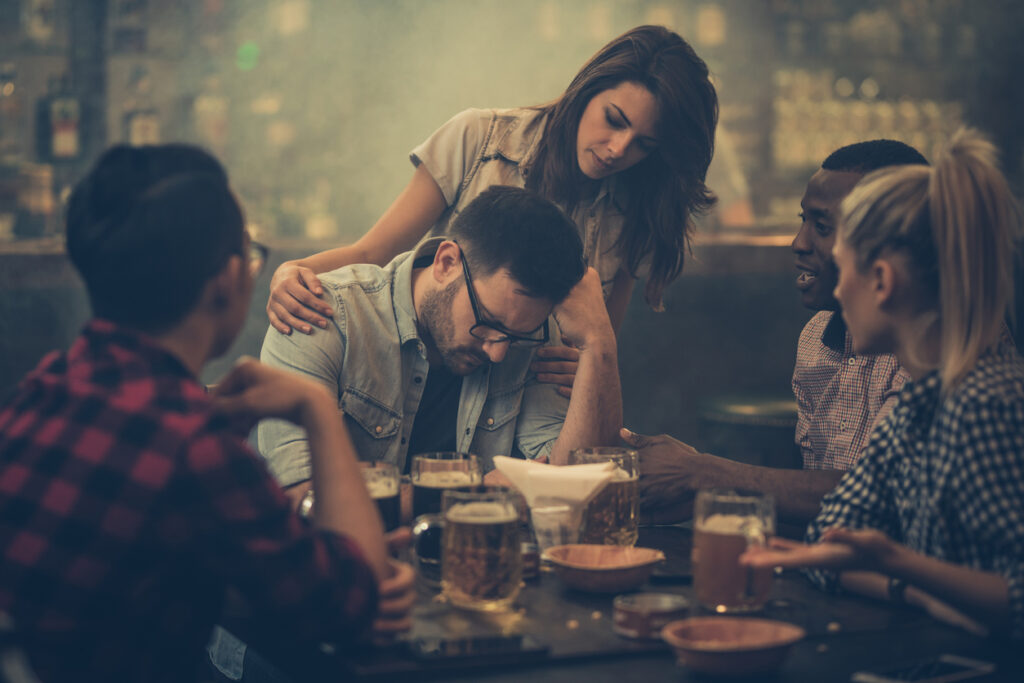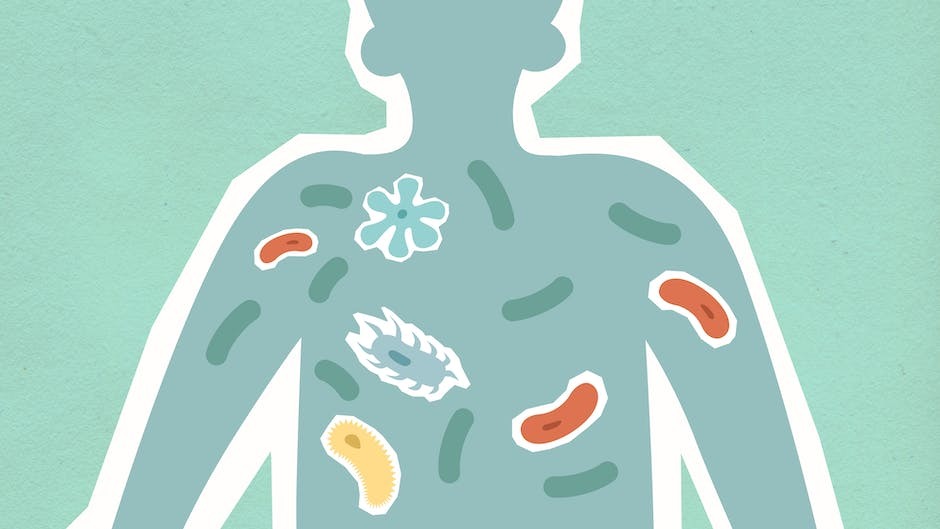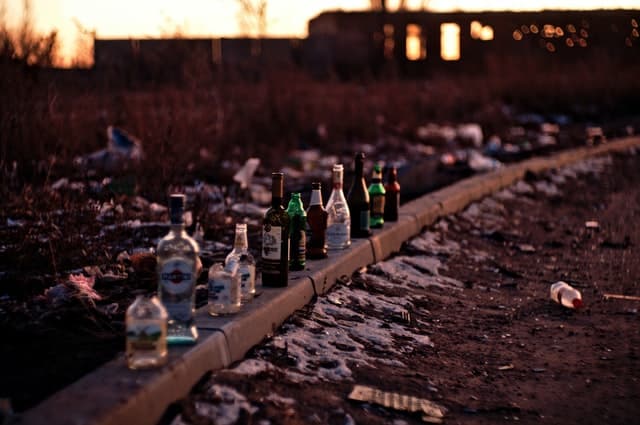This updated blog was originally published on 9/28/22
Drinking alcohol can affect people differently, but excessive consumption can be potentially life-threatening and lead to dangerous consequences. Learning the distinction between being drunk and having alcohol poisoning is the difference between a fun social gathering and the loss of life as alcohol poisoning is a life-threatening condition that requires immediate medical attention. Understanding the difference in symptoms can help prevent severe health complications or death.

What Happens to Your Body When You Drink Alcohol?
When you drink alcohol, it enters your bloodstream and begins to affect your central nervous system. Your body processes alcohol primarily through the liver, but excessive drinking can overwhelm your gastrointestinal system, leading to increased intoxication levels.
Blood Alcohol Concentration (BAC) measures the percentage of alcohol in the bloodstream. Binge drinking or consuming large amounts of alcohol in a short period of time can lead to dangerously high BAC levels, increasing the risk of alcohol poisoning.
Factors such as weight, gender, metabolism, and food intake can influence BAC levels, but generally we can expect the following symptoms based on BAC levels:
- 0.02% BAC – Mild relaxation and slight loss of judgment.
- 0.05% BAC – Lowered alertness, reduced coordination, and impaired judgment.
- 0.08% BAC – Legal driving limit in many areas; reduced muscle coordination, difficulty detecting danger, and impaired reaction times.
- 0.10% BAC – Slurred speech, slowed thinking, and decreased coordination.
- 0.15% – 0.30% BAC – Severe impairment, including confusion, vomiting, drowsiness, and potential loss of balance.
- 0.30%+ BAC – High risk of unconsciousness, dangerously slowed reflexes, and potential alcohol poisoning.
- 0.40%+ BAC – Life-threatening; risk of coma, respiratory arrest, and death.

What Is Alcohol Poisoning?
Alcohol poisoning occurs when excessive alcohol consumption leads to toxic levels in the bloodstream. Drinking beyond a certain point can be potentially fatal and requires urgent medical intervention.
Signs of Alcohol Poisoning:
- Confusion, stupor or loss of consciousness
- Excessive vomiting
- Seizures
- Slow or irregular breathing (fewer than eight breaths per minute or 10 seconds between breaths)
- Hypothermia (low body temperature), bluish skin (around lips or fingernails), or pale complexion
- Unresponsiveness or unconsciousness
The Differences Between Alcohol Poisoning and Being Drunk
There are some similarities and overlap in the symptoms of being drunk vs alcohol poisoning, but knowing when it gets more serious can be lifesaving.
|
Symptoms |
Being Drunk |
Alcohol Poisoning |
|
Slurred speech |
Yes |
Yes |
|
Loss of coordination |
Yes |
Yes |
|
Confusion |
Possible |
Severe stupor or unresponsive |
|
Vomiting |
Common |
Excessive, risk of choking |
|
Breathing issues |
No |
Slow, irregular breathing |
|
Skin discoloration |
No |
Bluish or pale skin |
|
Unconsciousness |
No |
Yes, requires immediate help |
What to Do If Someone Has Alcohol Poisoning
If you suspect someone has alcohol poisoning, take the following steps:
- Call 911 immediately – Do not wait
- Keep the person awake and sitting upright if possible
- Roll them onto their side if you cannot have them sit up – This prevents choking on vomit.
- Monitor breathing and heart rate – Look for irregularities.
- Do not give coffee, cold showers, or encourage “walking it off” – These methods do not sober a person up and can be dangerous.
If someone is exhibiting signs of alcohol poisoning, call an ambulance right away and get them immediate medical attention. Alcohol poisoning can lead to life-threatening complications such as respiratory failure, severe dehydration, and coma. Emergency responders can provide oxygen, IV fluids, and other interventions to stabilize the individual and prevent fatal outcomes. Prompt action can mean the difference between life and death.
How to Prevent Alcohol Poisoning
Practicing responsible drinking habits can help prevent alcohol poisoning. Consider these strategies:
- Set personal limits and drink in moderation.
- Avoid binge drinking and drinking games.
- Consume food and water while drinking alcohol.
- Understand personal tolerance levels.
- Do not mix alcohol and medications.
- Educate friends and family on responsible drinking.
Educating those around you about the risks of excessive alcohol consumption can help prevent dangerous situations. Open discussions about drinking habits, peer pressure, and the importance of moderation can encourage responsible choices. By promoting awareness, we can help reduce instances of alcohol poisoning and create a safer social environment.

Protect Yourself and Your Loved Ones
Distinguishing between being drunk and having alcohol poisoning can save lives. Alcohol poisoning is a medical emergency requiring immediate attention. Practicing responsible drinking habits and being aware of warning signs can help prevent severe consequences. If you or a loved one struggles with their alcohol use, we can help. Call Buena Vista Recovery at (480) 685-9011 or contact us to get the support you need.
CHANDLER
3033 South Arizona Avenue
Chandler, Arizona 85248
TUCSON
5151 East Pima Road
Tucson, Arizona 85712
SCOTTSDALE
8171 E Indian Bend Rd
Scottsdale, AZ 85250





